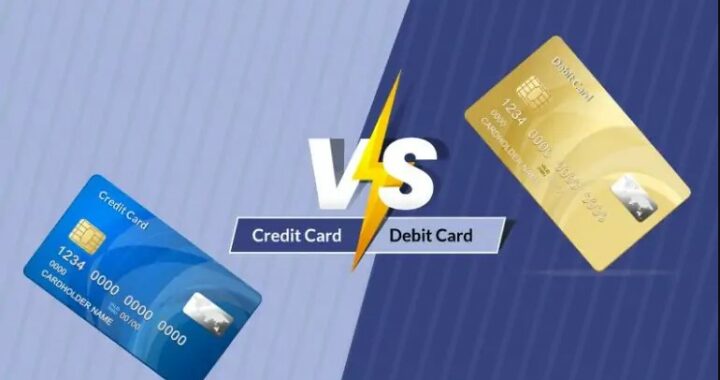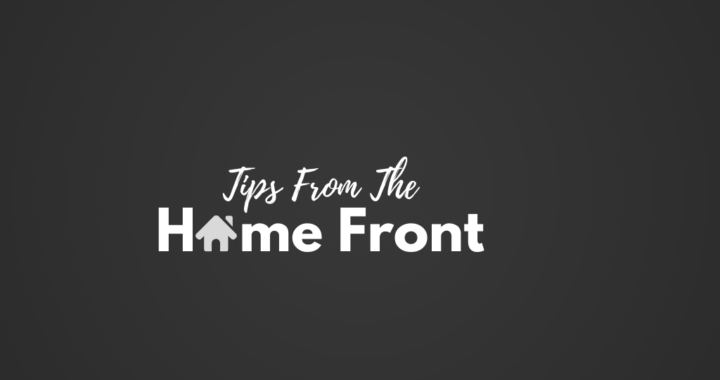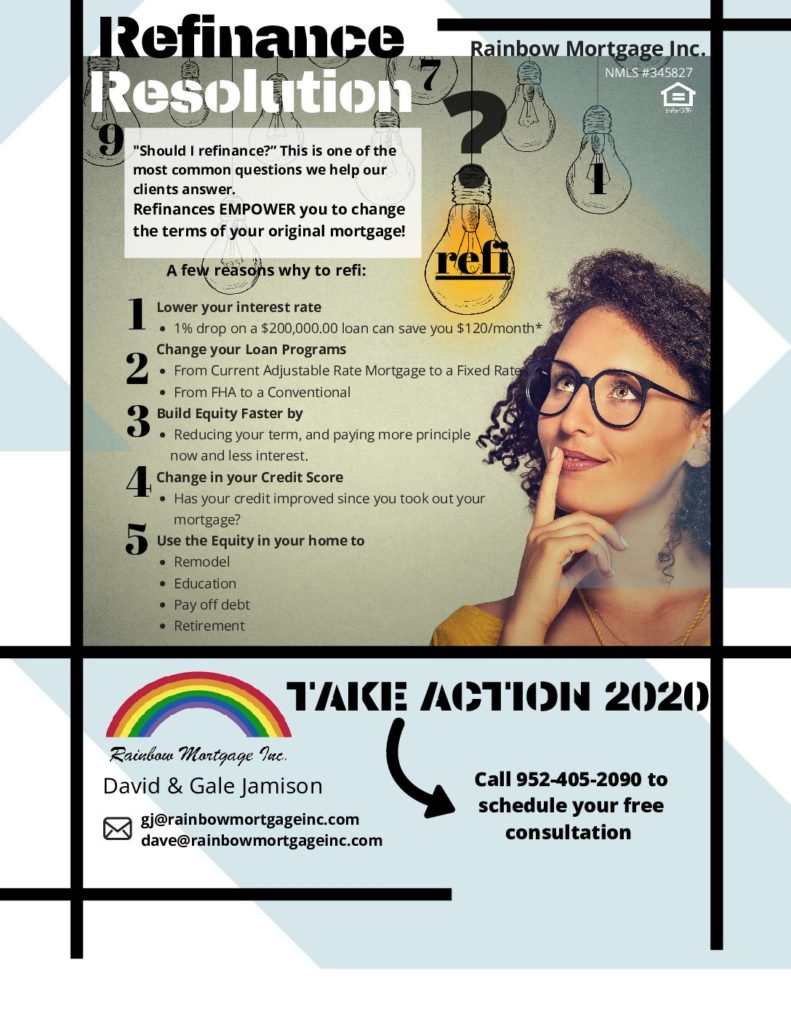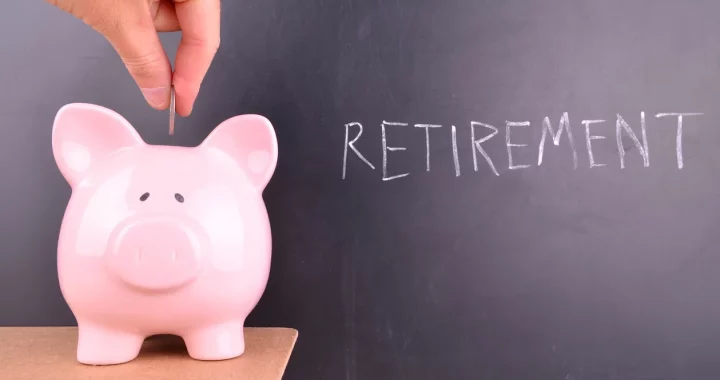Deal-Killers!
In her year-long house hunting adventure, Brooklyn-based realtor.com writer Margaret Heidenry recently likened home shopping to dating. “I toured countless homes, and that first visit is a lot like a first date. It can be going great until you spot your personal deal breaker—like a pack of cigarettes in her purse, or white socks with sandals. Check, please!”
Deal-breaking rooms can appear anywhere in a house, and there might be more than one. Realtors can quickly list the most common offenders that make buyers cringe. Here are a few examples:
Empty rooms with echoing voices rarely entice buyers to ask for a second visit. It’s like realizing you have nothing to talk about on a date. Empty rooms make buyers question their potential uses, even if there’s a closet in the corner. The emptiness highlights flaws—like ceiling stains, windows overlooking brick walls, or peeling floor moldings. The solution? Don’t leave it empty. Stage it as something—a home office, a library, a sitting area, or a guest bedroom. Simply adding an IKEA desk, chair, area rug, lighting, and a potted plant can make a huge difference, encouraging buyers to continue their tour.
Light is essential. No one wants to walk into a dark room. Open the curtains, raise the blinds, add light fixtures—do whatever it takes to make the room feel welcoming, even if it means lightening the paint color. No one cares that it might have been your migraine sanctuary. Just do it. Adding a real plant (not a fake one) also helps, as live plants suggest there’s enough light for them to thrive.
The bathroom from hell is a major turnoff. What qualifies? Carpeted floors. Ew. Or a bathtub hidden behind a tacky shower curtain, preventing buyers from seeing its Psycho-like depths, which might reveal dirty grout, chipped porcelain, pitted fixtures, or a collection of shampoo bottles in pools of water. Realtors agree that, regardless of a house’s size or price, every woman heads straight for the bathroom to inspect the tub. They recommend either refinishing or replacing the tub. And that carpeting? Replace it with tile. Such scenes suggest future expenses to potential buyers.
Kitchens can either sell homes or drive buyers away. They are the heart of the home. Just as your homemade lasagna brings joy, buyers need a similar reaction to your kitchen. Easy fixes include clearing counters of everything, including canister sets, toasters, Nespresso machines, the Vitamix, and cookbooks, to suggest more prep space. Quick solutions with high visual impact include refacing or painting old cabinets or upgrading outdated appliances.
Other rooms and areas can also scare buyers away, such as creepy basements, cluttered entryways, purposeless formal living rooms, overstuffed closets, and Tupperware-filled cupboards.
Ask your Realtor to give you an honest assessment by pretending to be a potential buyer seeing your home for the first time. Then get to work. Be warned, though—by the time you make all these improvements, you might decide not to sell after all. It happens.
Source: TBWS











